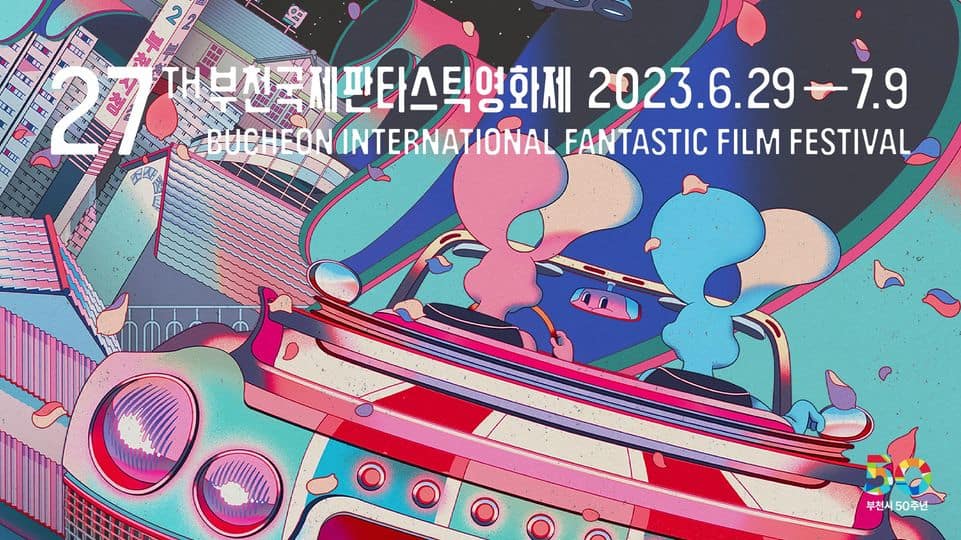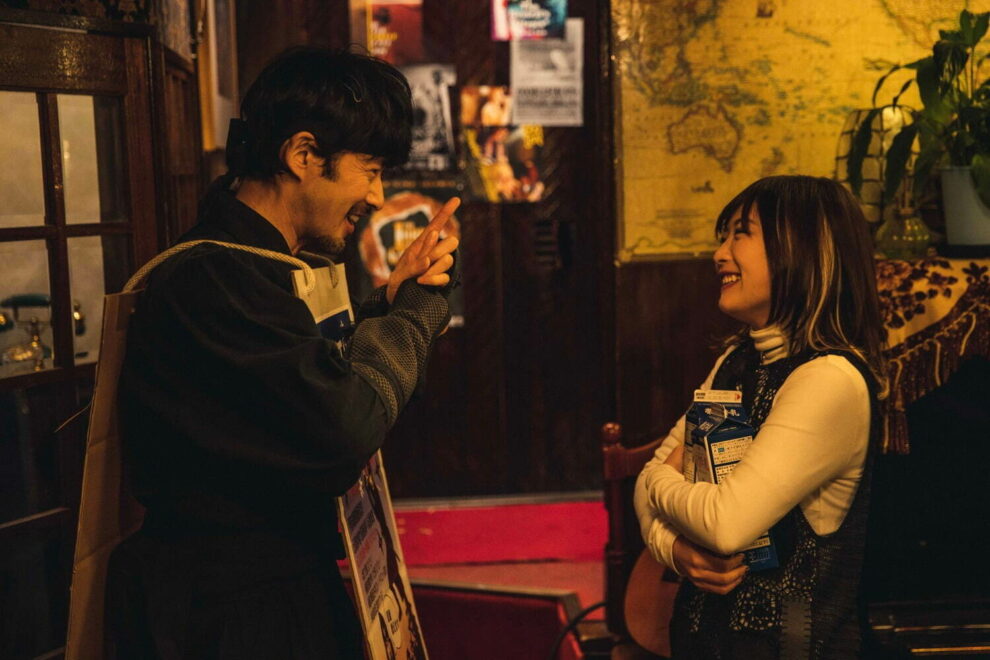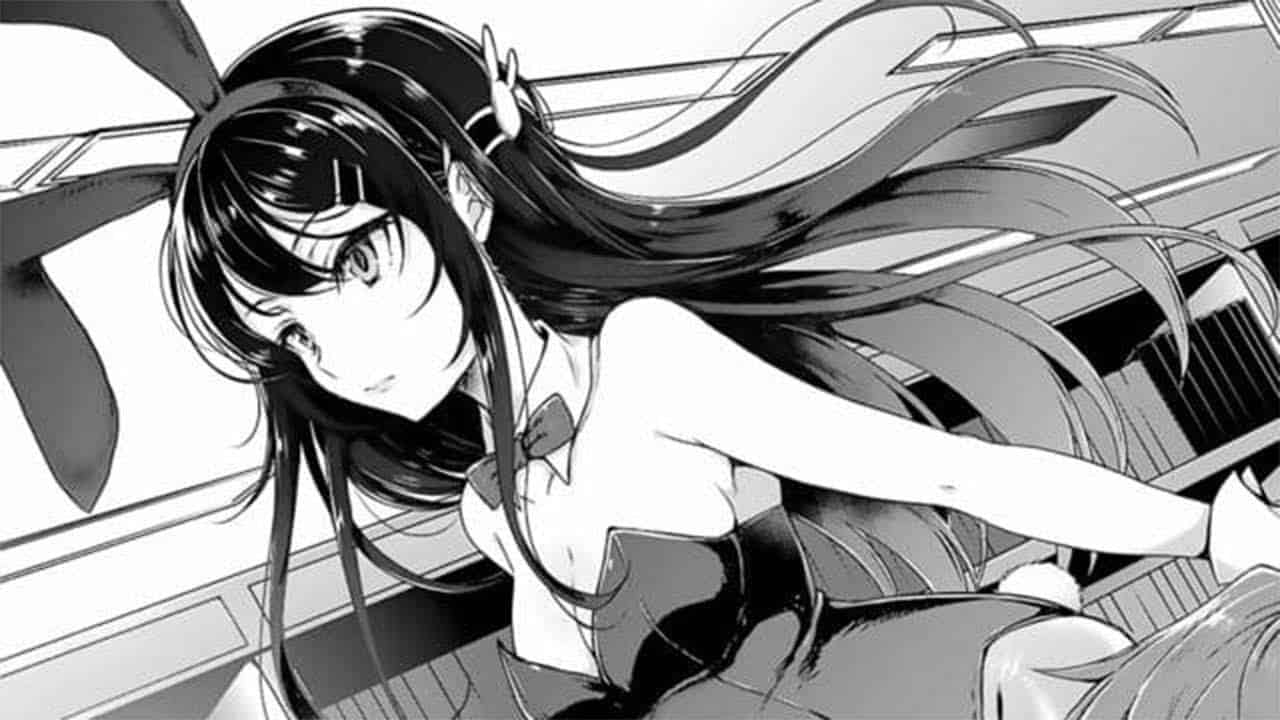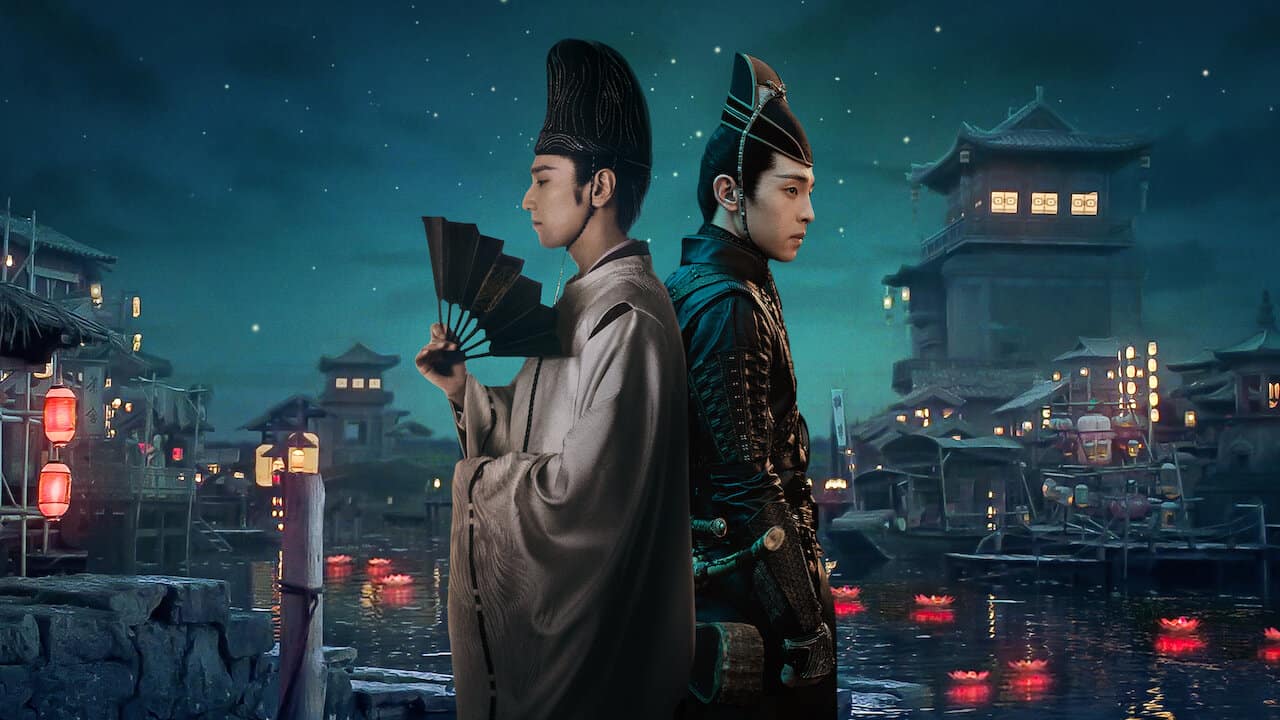Eiji Uchida and Shinzo Katayama are two of the most interesting voices active in Japanese cinema nowadays, with titles like “Lowlife Love” and “Midnight Swan” of the former and “Missing” of the latter being some of the best we have seen in recent years. Now the two combine their forces for “Life of Mariko in Kabukicho”, a movie that shares a lot of similarities with another work of Uchida, “Love and other Cults”.
“Life of Mariko in Kabukicho” is screening at Bucheon International Fantastic Film Festival

Mariko, a girl with a rather dramatic past, runs a small bar in Kabukicho filled with eccentric but loyal patrons which also doubles as a detective agency. Meanwhile, a missing scientist is running amok in the streets of the area, carrying with him an alien in a wooden box. The FBI are searching for both, and in their efforts to find someone who can navigate the labyrinth of the particular location, they offer a large amount to Mariko to track him down. Meanwhile, Masaya, a ninja instructor, has issues with his students, an erotic triangle that includes a male host is taking place among the regulars of the bars, while Shigemi worries for her sister, who works as public official and tends to get hooked easily by her hopeless former yakuza lover, Tosuka, who works as a love hotel cleaner while waiting for his runaway daughter, eventually also asking for Mariko's help.
Check also this interview
Allow me to begin the review with the most obvious issue: there are too many characters in the story and there are too many things happening, to the point that the labyrinth that is Kabukicho seems to be also mirrored in the narrative. It looks like that the producers of the movie were willing to let the imagination of the two directors run wild, but in the end, that did not work that well, since the story is convoluted and fails on creating empathy for the majority of the protagonists. Mariko is definitely an exception, but that is more due to the acting and overall charisma of Sairi Ito than the characterization itself. The combination and reference of ninjas, aliens, bitcoins, the FBI, erotic triangles, action, romance, and drama may look appealing, but in the end, the whole does not work particularly well as a compact narrative, since the film appears more like a collage of ideas than something more coherent. Perhaps the story would be better suited for a multi-episode series, but for a single movie, it is just too much.
On the other hand, if one was to examine the different arcs presented, one would find much appeal to the majority of them, along with a number of rather impressive and/or hilarious scenes. The whole concept of the ninja instructor and his shuriken is definitely one of those, particularly in the way it also finds its way into the action. The yakuza aspects and the way they are mocked throughout the movie, just as the Americans are, is another entertaining element. Probably the most impressive one though, is the arc with the male host and the way it concludes, in the most dramatic moment of the movie, which also, though, is not that well connected with the rest of the narrative style, even if drama also appears in other arcs.
The visuals are also on a relatively high level, considering the low budget of the film, which becomes particularly evident in the SFX. Kishi Kentaro, however, has captured the chaos that dominates Kabukicho with realism and artistry, with the multicolored palette working nicely for the overall aesthetics. Masashi Komino's editing also connects the various episodes nicely through a relatively fast pace, but, as mentioned before, their number is excessive and in 117 minutes, the movie somewhat overextends its welcome. Regarding the acting, apart from Sairi Ito, the ones who stand out are Yutaka Takenouchi for his comedic approach and Shiori Kubo for her dramatic one, in an overall very appealing casting.
“Life of Mariko in Kabukicho” has its merits, but as a whole, it does not make much sense, while it becomes quite obvious that both directors have shot much better movies than this one.















